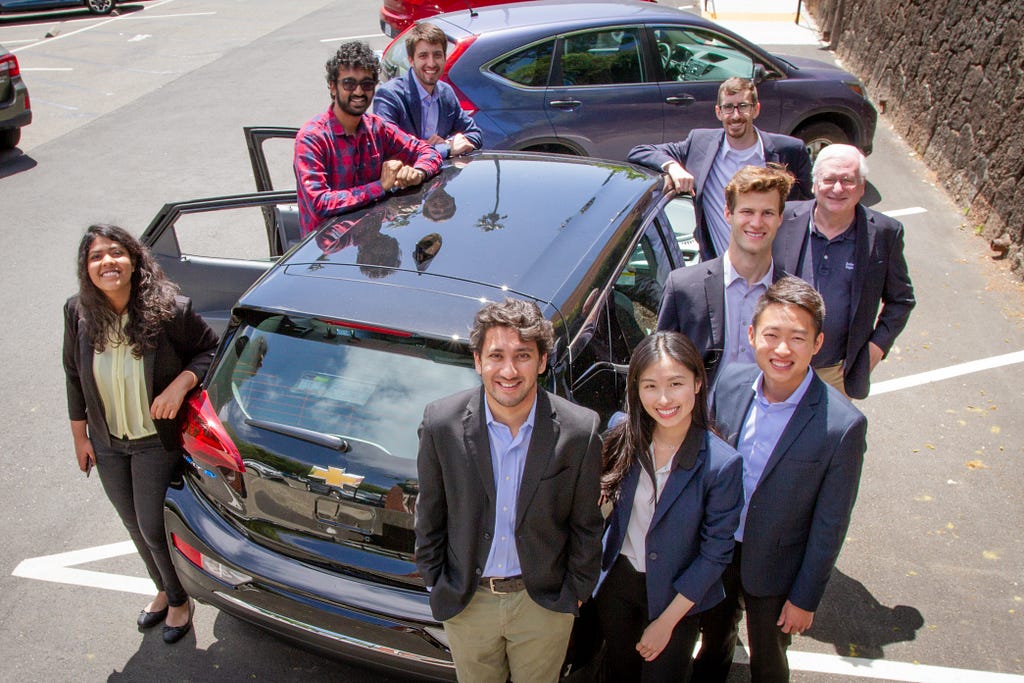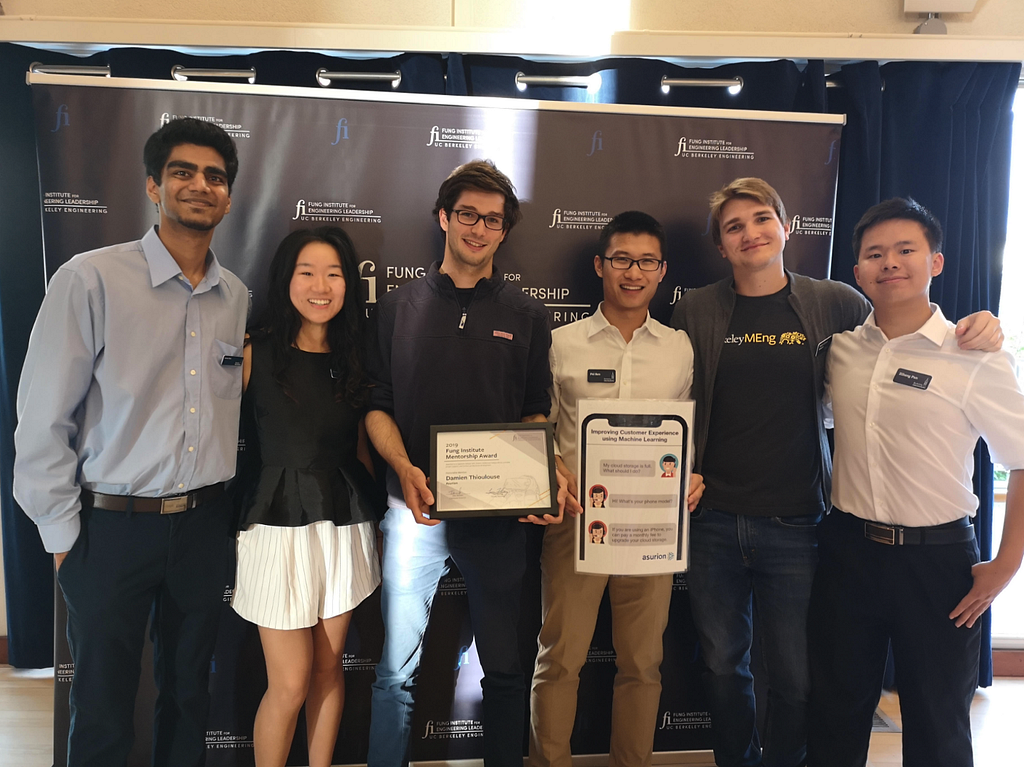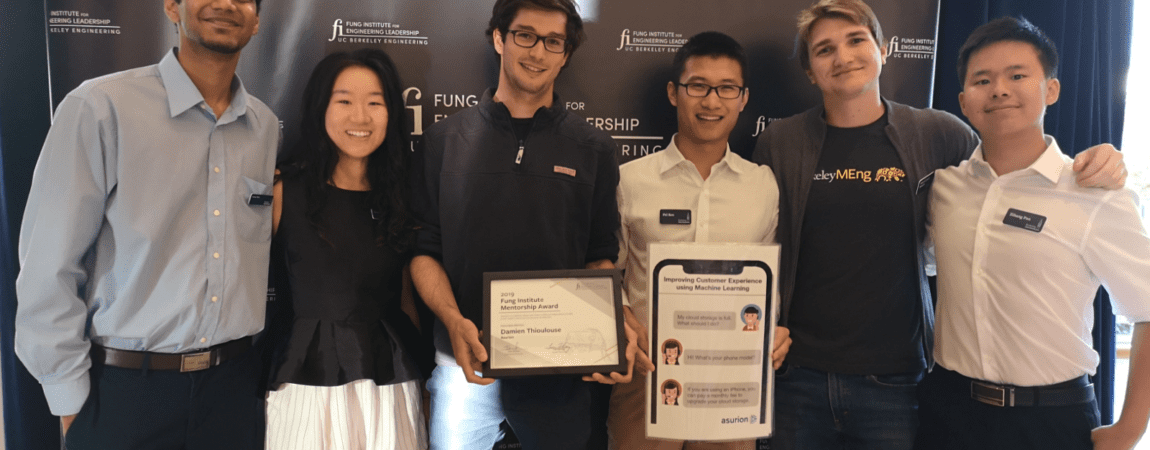Every year, MEng teams partner with industry leaders to pilot new initiatives, improve existing products, and develop a data-driven business strategy.


1) Work with the Best and Brightest
Berkeley MEng alumni have appeared in Inc and Forbes’ 30 Under 30 lists six times! Our students won or were finalists at Microsoft Imagine, IBM Call for Code, Bose AR x Capital at SXSW, and Big Ideas.2) Tackle Complexity
Our integrated capstone pedagogy supports your students as they develop their teaming, project management, and communication skills to tackle complex engineering challenges. “What sets Berkeley MEng students apart is not only a willingness, but an eagerness to take on real-world engineering problems.” — Matt Zebiak, General Motors3) Draw on Inter-disciplinary Expertise
Berkeley MEng brings together students from across the seven College of Engineering departments. More than 40% of capstone projects have students from more than one department; more than 70% have students pursuing multiple concentrations. The capstone marketplace allows you to pitch your project to hundreds of students and recruit among the best and the brightest.4) Drive for Results
Our students worked with NASA to build actuators for flexible robots, General Motors (GM) to quantify environmental benefits of autonomous vehicles, and United States Patent and Trademark Office (USPTO) to translate patenting behavior into actionable business insights. “[The] capstone team built the dynamical models, the preliminary controller, and [ran]proof-of-concept experiments. I am very proud of what they accomplished in the past six months. They were effectively the most productive team in my group.” — Prof. Koushil Sreenath, Mechanical Engineering5) Meet Your Research Needs
“I felt that a capstone project was a great opportunity to have a talented team of engineers explore a research need within our company. As an alum, I knew that our project would be mutually beneficial in terms of students building critical industry skills and Beam gaining valuable blockchain research insights.” — Kevin Fang, Beam Solutions6) Create Real Value
“The use-cases the team tackled are highly relevant to Asurion’s business. Some of their work may be adapted and incorporated in Asurion’s processes, other parts of their work could constitute a foundation for another team to build on.” — Damien Thioulouse, Asurion7) Build a Recruiting Pipeline
An interdisciplinary cohort gives you a chance to recruit students from a variety of disciplines. More than 70% of industry advisors recruit a capstone student by the end of the year. “Fung students are very focused on practical applications, and preparing for careers with real-world impact… They also conducted themselves with the utmost professionalism, as if I was a client rather than an advisor!” — Seth Hoedl, The Post Road Foundation. Those interested in submitting a project proposal for the next year should express interest in submitting a proposal by mid-March in order to be considered for the following academic year.Capstone Advising Timeline:
- Mid-February: Express interest in submitting a proposal
- Mid-March: Draft the capstone proposal
- May: Finalize proposal and resources
- August: Team selection
- September-December: Weekly advising
- December: Interim assessment
- January-April: Weekly advising
- Late April: Final assessment
Seven reasons to propose a Berkeley MEng capstone project was originally published in Berkeley Master of Engineering on Medium, where people are continuing the conversation by highlighting and responding to this story.





